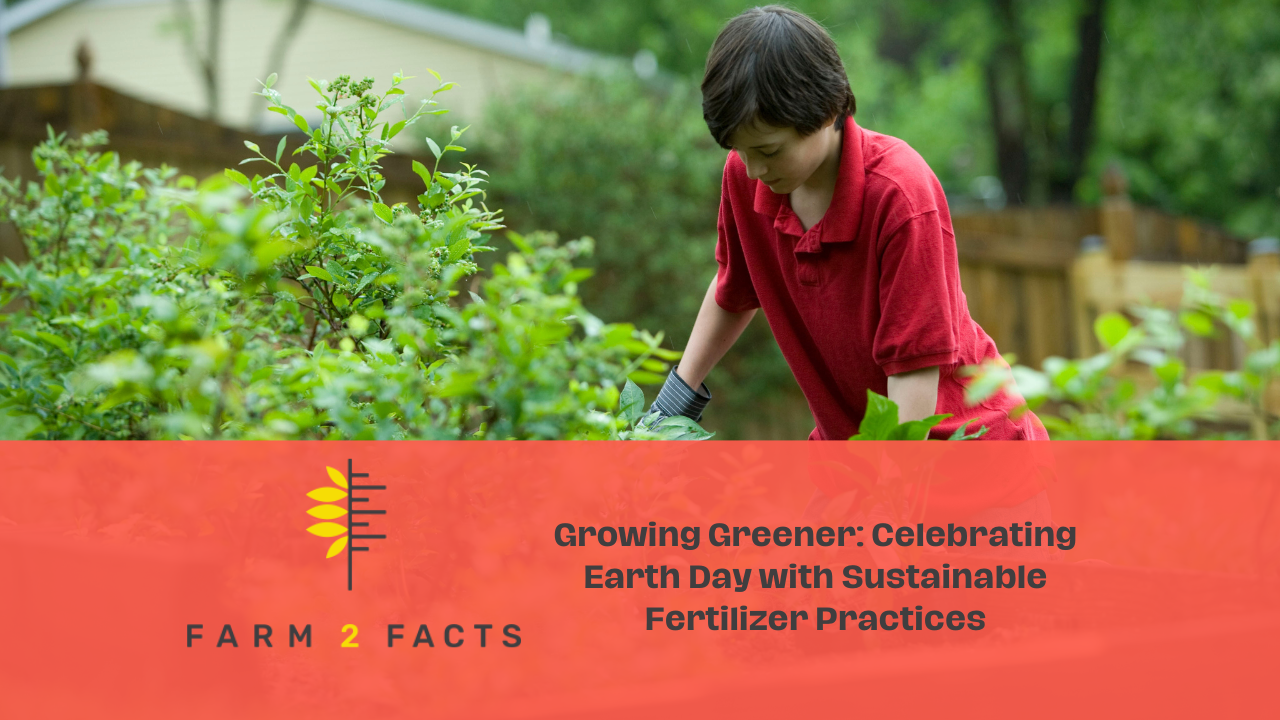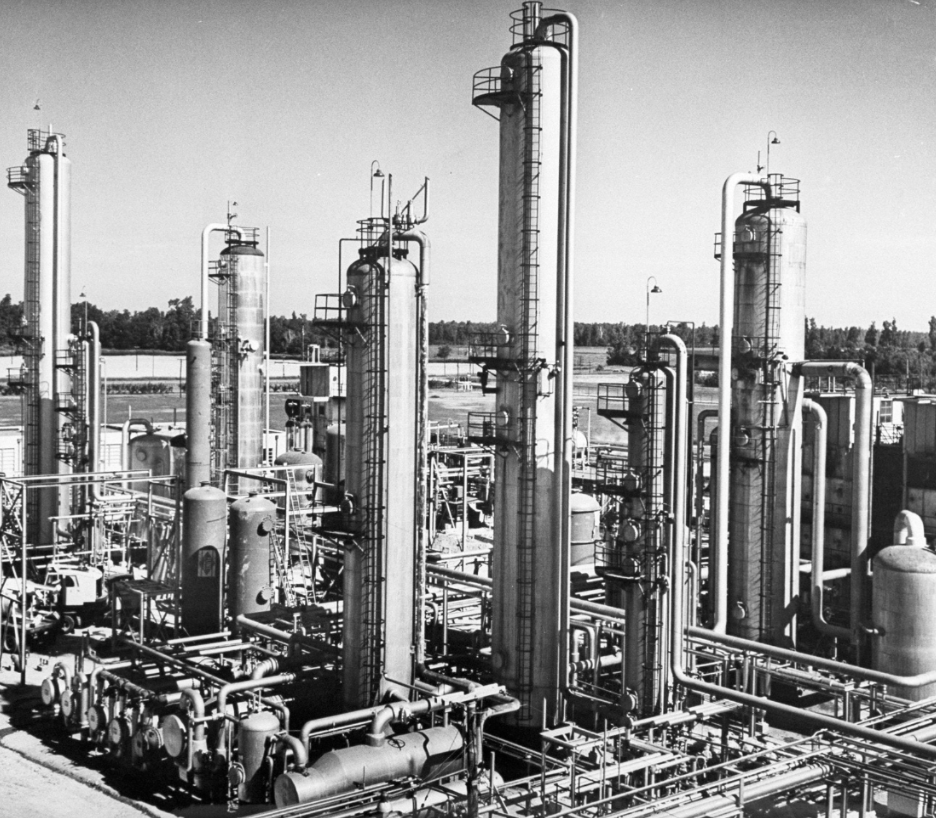
Adrian Cruz-Perez
With Earth Day coming up, we must take a closer look at farming practices and their impact on the environment. While agriculture is crucial to our ability to feed the world, it’s important to apply sustainable farming practices to mitigate risks to the environment. Here at Farm2Facts, we recognize the importance of research and data in improving farming practices.
One significant milestone in farming was the creation of fertilizer, which provides nitrogen to plants, helping them grow taller and more plentiful. Fritz Haber won the Nobel Prize in 1918 for his work in creating fertilizer, leading to significant improvements in agriculture and the ability to feed billions of people worldwide. Fritz Haber and Carl Bosch developed the Haber-Bosch process which allowed for the production of ammonia, a mixture of nitrogen and other chemicals that are essential for plant growth. Without fertilizer, food would be scarce across the world.

However, the use of fertilizers has also had negative impacts on the environment. When excess fertilizer is not absorbed by plants, it can leach into waterways and contribute to the growth of harmful algae blooms. This can lead to a decrease in the quality of drinking water, harm aquatic life, and create “dead zones” in the ocean where no life can survive.
The Fertilizer Industry is a group that promotes sustainable farming practices, focusing on economic, social, and environmental benefits. Through their promotion of the 4R Nutrient Stewardship initiative, they encourage farmers to use the right fertilizer source, at the right rate, at the right time, and in the right place. This approach can significantly reduce fertilizer runoff and its negative impact on the environment.
The fertilizer industry has also made significant strides in reducing its environmental impact. According to the latest State of the Fertilizer Industry report, fertilizer producers capture an average of 25 percent of emitted greenhouse gases, using them in other industrial processes instead of releasing them into the atmosphere. Additionally, the industry has reclaimed about 1.4 billion gallons of water, enough to fill 2,100 Olympic-sized swimming pools.
As we come together to celebrate Earth Day, let’s take a moment to marvel at the remarkable progress we’ve made toward preserving our planet. It’s inspiring to see how research and data have led to innovative solutions that make our world a better place. Sustainable farming practices have been a game-changer, and they offer us hope for a brighter future. By cultivating the land in a way that is gentle on the environment, we can ensure that our planet continues to thrive for generations to come. So, let’s raise our voices in joy and celebration, as we honor the beauty and resilience of Earth. Let’s spread the word about the importance of sustainable farming practices and work together to create a sustainable future that we can all be proud of.
